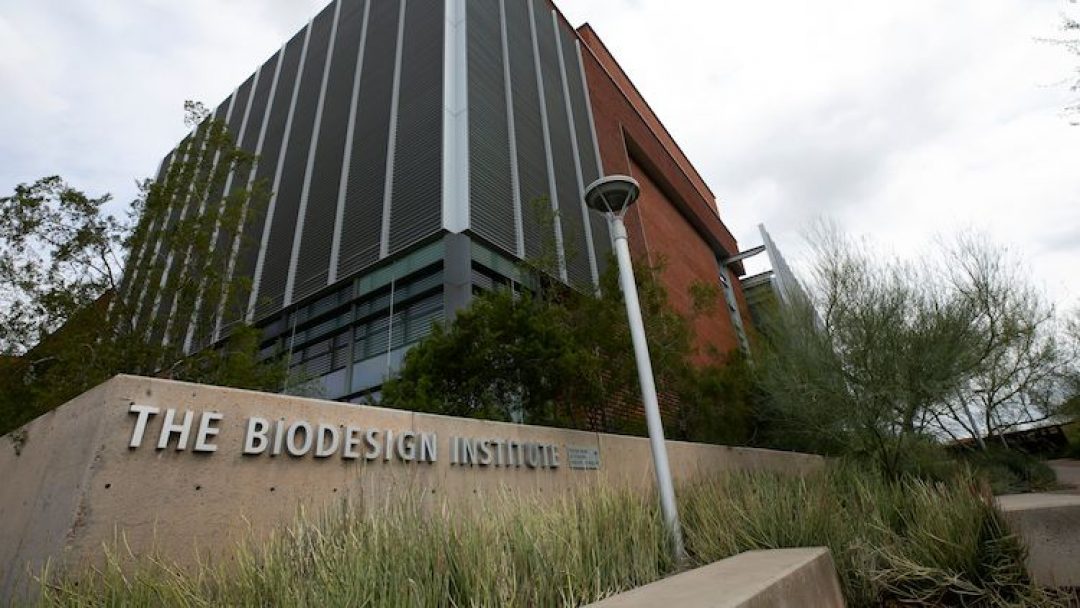The nursing college at Arizona State University is getting a new name and dementia research will be furthered, all thanks to a $50 million donation.
Charlene and J. Orin Edson are donating $25 million to both the College of Nursing and Health Innovation and the Biodesign Institute. The donation is one of the largest in the school’s history.
The nursing college will be renamed the Edson College of Nursing and Health Innovation, and there’ll be a new center called the Grace Center for Innovation in Nursing Education. The center will be named for Charlene’s mother, who was a nurse.
Furthering research on dementia is important to the Edisons, though the university wouldn’t comment with further details.
“They have a personal involvement with dementia, that’s all I can say,” said the chief executive officer of the ASU Foundation, Gretchen Buhlig.
This isn’t the first large donation the Edsons have made to the college. They first donated in 2003 and have given more than $65 million.
“We believe in ASU’s interdisciplinary, collaborative approach to finding solutions,” said the family.
“We look forward to new discoveries and solutions to better the quality of life for people affected by brain disease and the heartache of those that love them.”
Meet Charlene and J. Orin Edson
The Edsons wouldn’t comment directly on their donations and personal interests, but it’s easy to piece together their history.
Orin Edson built his fortune by building boats, and his first business was operated out of his garage. He created the brand Bayliner in the 1950s, and sold the very successful company to the Brunswick Corporation in 1986 for $425 million. He also bought and sold other boating companies. According to Forbes, his net worth is $1.4 billion.
The family also created the J Orin Edson Foundation, a foundation that helps the Fred Hutchinson Cancer Research Center, Mayo Clinic, and ASU Foundation.
The Impact on ASU
The donation will allow more research on dementia, bringing together researchers from various disciplines.
“This is going to allow us to jump to a world-class player,” said Crow.
The executive director of the Biodesign Institute, Joshua LaBaer, states that the gift would not only help further research on dementia, but it would focus on way to help patients, caregivers, and families.
The gift will he’ll bring together more diverse researchers from various fields.
“You always get better by building a stronger team,” LaBaer said.
The donation will also lead to treatments to help those directly impacted by dementia..
The dean of the College of Nursing and Health Innovation, Judith Karshmer, calls it a “bench to the bedside” approach that will help connect research and treatment.








